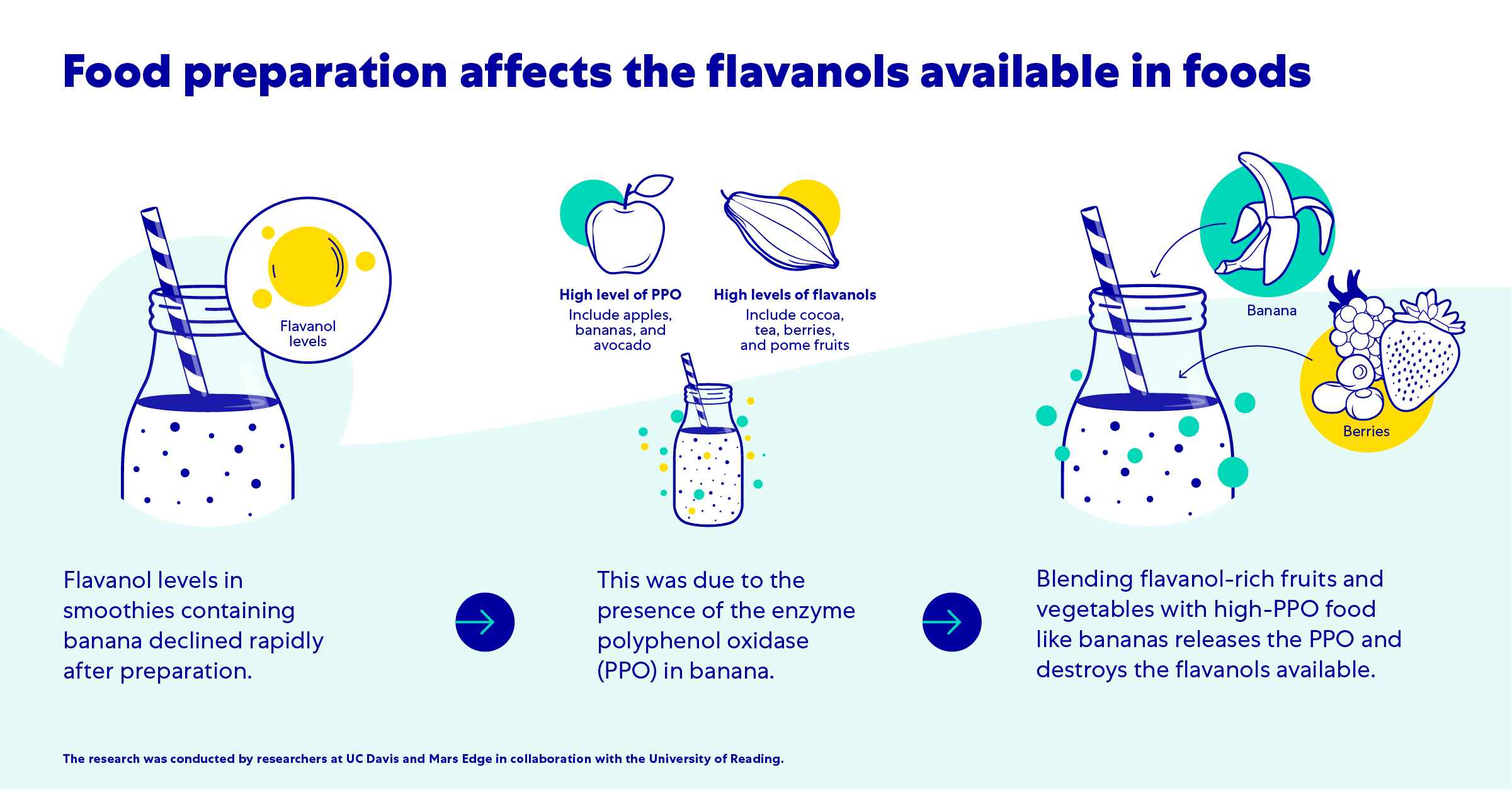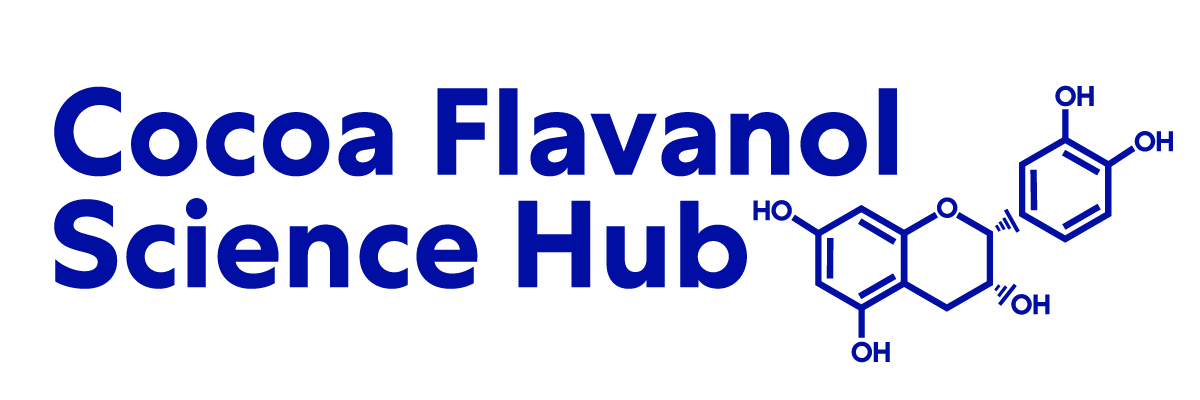Researchers Find Adding a Banana Decreased the Level of Flavanols in Smoothies
The results of the study, “Impact of polyphenol oxidase on the bioavailability of flavan-3-ols in fruit smoothies: a controlled, single- blind, crossover study” have been published in the journal Food & Function, a scientific journal published by the Royal Society of Chemistry.
In this study, researchers at UC Davis and the University of Reading, in collaboration with Mars Edge, investigated how the preparation and combinations of fruits and vegetables can affect the amount of flavanols available to be absorbed after intake. The researchers prepared smoothies, which have become a popular way for consumers to increase their flavanol intake, including apples, mixed berries and bananas.
Participants drank either a smoothie made with banana, which is commonly used to naturally sweeten smoothies, or mixed berries. Cocoa extract was added to the smoothies to standardize the flavanol content. The participants also consumed separate banana and flavanol drinks concurrently. The study showed that flavanol levels in smoothies containing banana declined rapidly after preparation. This was due to the presence of polyphenol oxidase (PPO), an enzyme that is abundant in bananas. Participants in the trial who drank the banana smoothie had 84% lower levels of flavanols in their body compared to the control group.
Consumers are being advised to increase the amount of flavanols in their diet; the Academy of Nutrition and Dietetics (AND) issued the first ever dietary recommendation on flavanols in October 2022. The study shows that blending flavanol-rich fruits and vegetables with high-PPO food like bananas releases the PPO and destroys the flavanols available.
The study also shows that these findings are not only true for foods such as smoothies, where the ingredients have been blended, but that co-consumption of foods with high PPO activity also has the same effect of flavanol availability.
While bananas are delicious and healthy food, if you are trying to consume flavanols, should consider preparing smoothies by combining flavanol-rich fruits like berries with other ingredients that also have a low PPO activity like pineapple, oranges, mango or yogurt.
To read more about the results of this trial, view the press release issued by UC Davis.









